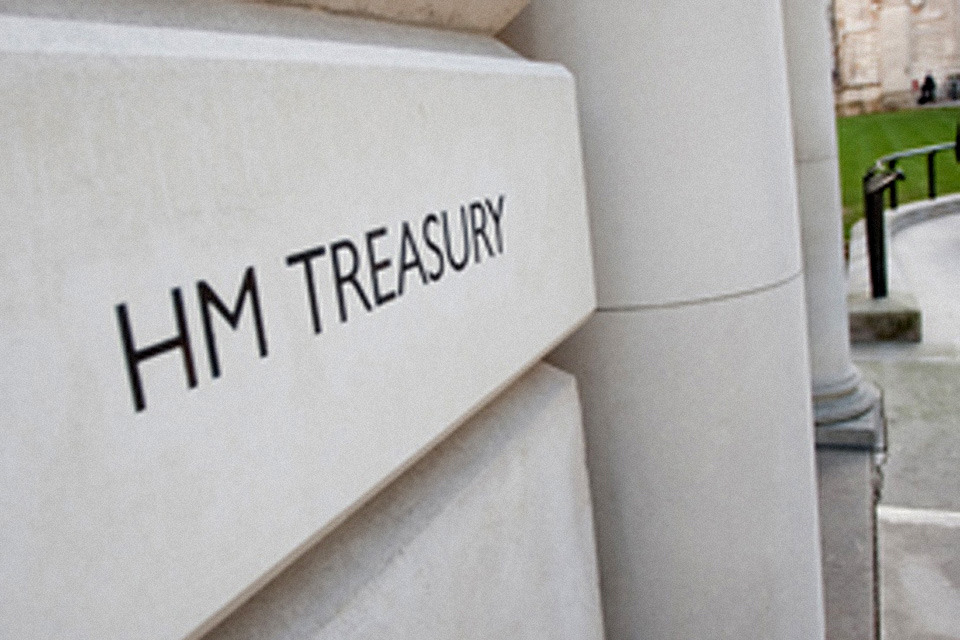West Ham Park – the largest park in the London Borough of Newham – is owned and managed by the Corporation as a registered charity who invest over £1 million a year into its upkeep.
The park is a Grade II listed site and part of a network of 11,000 acres of internationally important open spaces managed by the City Corporation across London and southeast England.
The report, produced by Natural Capital Solutions, calculated the value of the benefits the City Corporation’s open spaces deliver to the public, including West Ham Park, Epping Forest and Hampstead Heath, looking at features such as recreation, health and wellbeing, and air quality.
West Ham Park has 12 tennis courts, three cricket nets, football pitches and a grass running track used by local schools for sports days during the summer months. There is a large children’s playground – which recently underwent a £750,000 investment project – as well as a bandstand, historic ornamental gardens, and a community vegetable garden.
The park attracts 2.2 million visitors each year – the equivalent of 35 times the capacity of London’s Olympic stadium in nearby Stratford.
The park provides important wildlife habitats, including wildflower meadows, long grass areas, gardens, and ponds, and supports a wide range of breeding birds.
The report also found that West Ham Park delivers a benefit-to-cost ratio of 11.7, which means that every £1 spent on maintenance delivers £11.70 in public benefits.
The garden has won a number of awards including best category for large parks in London in Bloom.
Chair of the City Corporation’s West Ham Park committee, Caroline Haines, said:
“West Ham Park has been a vibrant and beautiful place for the local community to enjoy for nearly 150 years.
“The original Upton House estate was acquired in 1762 by philanthropist, Dr John Fothergill. Some of the trees he planted can still be seen in the park today, including a Ginkgo Biloba, one of the oldest species in the UK.
“It has been managed by the City Corporation since 1874 and today offers a place to relax, learn and socialise, surrounded by amazing plants and trees which are stunning all year round.
“The immense history and connection that local people have with West Ham Park is immeasurable, but the figures in this report speak for themselves and show that every penny invested is worth it.
“It also places even greater emphasis on making sure it remains a key part of the community for hundreds more years to come.”
The report found that the wider network of open spaces managed by the City Corporation – including 180 smaller sites in the – are worth £282.6 million each year in benefits to society overall, and £8.1 billion over 50 years.
The organisation spends £38 million a year on maintaining its open spaces. Many of these sites operate as charitable trusts and are run at little or no cost to the communities they serve.
They include a wide variety of critically important wildlife habitats, Sites of Special Scientific Interest, Special Areas of Conservation, and National Nature Reserves, and are protected under legislation.
In total, these sites are home to 58,000 ancient trees, capture over 16,000 tonnes of carbon every year and attract over 47 million visitors annually – over three times the number who go to Premier League football matches every season, and almost eight times the number of annual visitors to the Grand Canyon.
These open spaces won five honours in 2023’s London in Bloom competition, with a further 15 taking Green Flag awards, recognising them as some of the best managed green spaces in the world. They host education courses reaching tens of thousands of school children every year.
They are an important part of the City Corporation’s Climate Action Strategy which commits the organisation to achieving net zero carbon emissions in its own operations by 2027, and to supporting the achievement of net zero for the whole Square Mile by 2040.
ENDS
Notes to editors
The Corporation, is the governing body of the Square Mile dedicated to a vibrant and thriving City, supporting a diverse and sustainable London within a globally-successful UK – .
Natural Capital is the sum of all the elements of nature that either directly or indirectly bring value to people and the country at large.
The West Ham Park Committee is responsible for West Ham Park, the first open space to be purchased by the Corporation (in 1874) and of such significance that it is on the National Register of Historic Parks.
';











